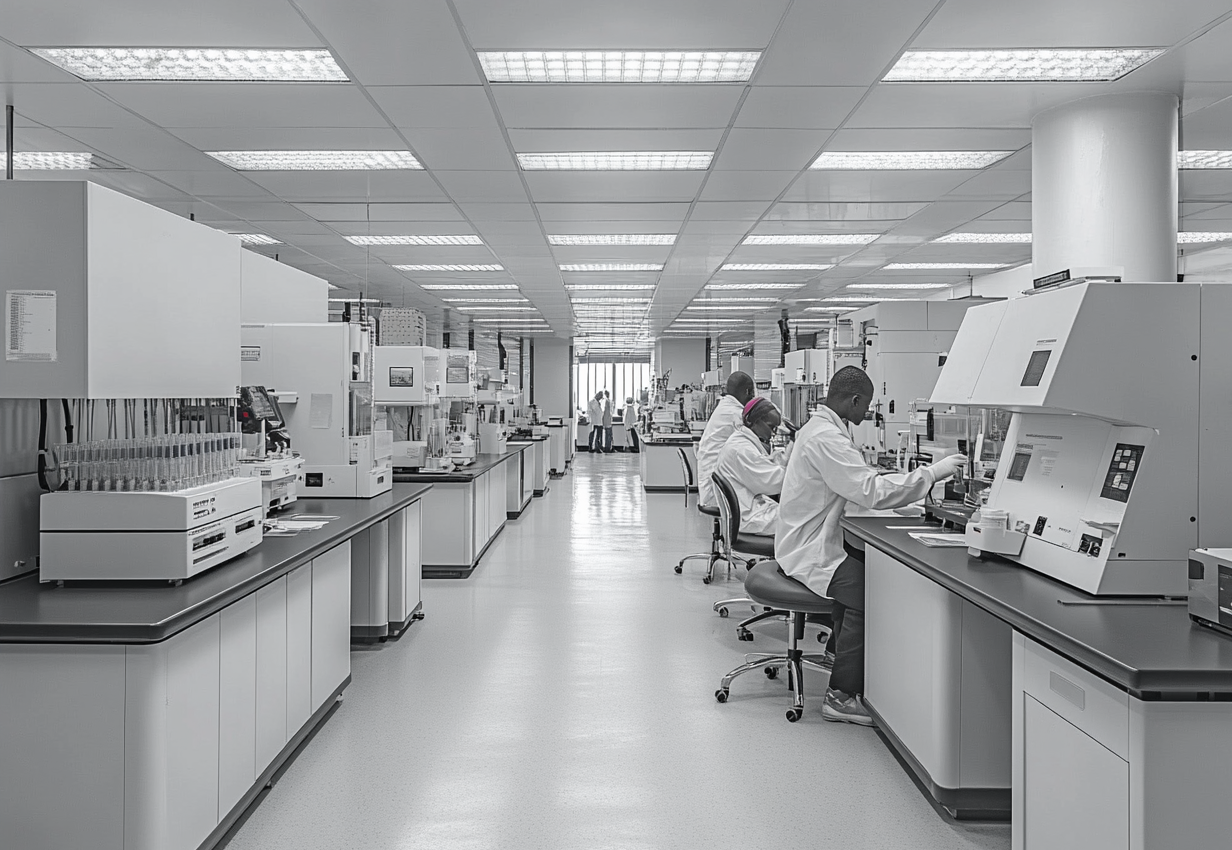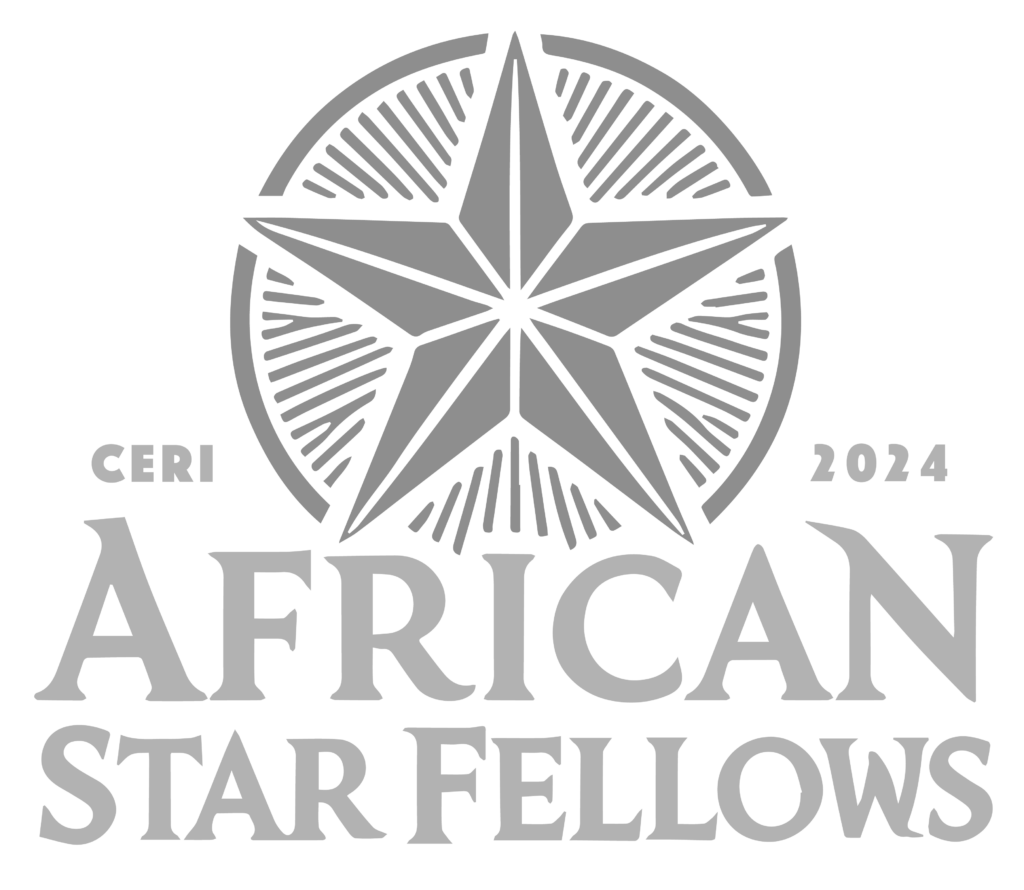
These fellowships will focus on innovation and entrepreneurship training and placement at commercial companies, industry or innovation hubs. The YPP fellowships will be highly competitive and will target future leaders in Africa, living in Africa, or from the diaspora to be attracted and offered a 12-month Programme with 4 tracks: a) Research management; b) Innovation and entrepreneurship, c) Infectious diseases R&D for diagnostics and d) innovations to enhance patient outcomes in Africa. The YPP will support placements within leading biotechnology innovation hubs in South Africa and Senegal or commercial entities to develop new skills. This holistic approach will encompass training in critical thinking, problem-solving, writing, grantsmanship, effective communication, and project management. In total, we expect to host 40 YPP fellows. The YPP training and placement fellowship will consist of:
- A 6 week intensive core training (leadership, research management, public health and research) at the Stellenbosch Business School, CERI and/or IPD.
- A 6 week innovation and entrepreneurship training at LaunchLab/BIO-CERI and / or IPD.
- One international rotation in a placement institution for up to 4 months. Rotations will focus on visits and exchanges at the commercial, industrial and/or advanced R&D institutions (e.g. Illumina, Thermo-Fisher Scientific, Roche, Inqaba biotech, Fluorobiotech, etc). Africa CDC, IPD and CERI will help to identify the hosting institution as they have set up multiple previous partnerships within industry.
- The remainder of the fellowship, which will be hosted at CERI or IPD, will focus on the outcome (product, patent, research paper, research grant or job offer) of the programme, which will be presented to a Programme committee (or mentors) and should directly or indirectly lead to a job opportunity and/or a catalyst grant.
In addition to technical expertise, the training Programme will prioritize equipping Fellows with a range of core skills essential for success in their research careers. By nurturing both technical proficiency and the development of transferable skills, the training Programme aims to empower Fellows with the confidence and capabilities needed to pursue independent research and make a meaningful impact in preventing future pandemics in their home countries.
To ensure sustainability and success of the capacity building initiatives, the African STARS Fellowship Programme will include several mentoring and support mechanisms for the ATT, YPP, MBA and Exchange Fellows. We view a strong mentorship plan to be the core of a successful training program. Accordingly, each Fellow will have at least two co-mentors, one based in their host institution and the other based at the implementing partner institutions. The Training Committee will facilitate the matching of each Fellow with appropriate mentors. The host institution mentor will guide the Fellow in the initial selection of a project based on local needs. Based on the project and training site, the Fellow will then be paired with a co-mentor and a written research proposal will be developed in conjunction with the Fellow and both mentors. Although each Fellow will have a minimum of two mentors, Fellows will be encouraged to engage other, less formal mentors based on the expertise needed for their training. In addition, we will take advantage of virtual mentorship, as needed, by adding mentors from collaborating international institutions. That way, Fellows will benefit from hands-on mentoring, providing guidance and support from project inception to completion.
